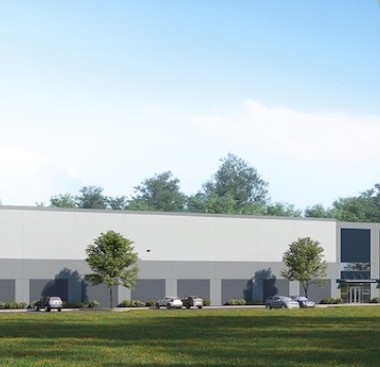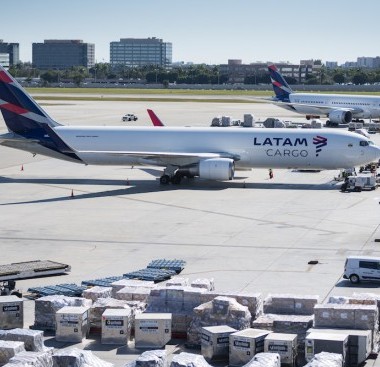Future of Russian LNG industry on the rocks as sanctions impact takes hold
Apr 25, 2024Russian oil production has remained strong despite sanctions imposed by Western countries in the wake of Russia’s invasion of Ukraine. The country’s gas and liquefied natural gas (LNG) industries, on the other hand, have suffered due to limited pipeline infrastructure and reliance on Western companies. Rystad Energy expects Russian piped gas to China to increase due to new infrastructure, but the outlook for Russian LNG is less rosy. The Kremlin has set an ambitious plan to commission 100 million tonnes of LNG capacity by 2030 but our forecasts show the country will miss that target by as much as 60 million tonnes.
Despite a rough outlook, we expect Russia’s planned LNG projects will go ahead despite sanctions and challenges in securing vessels and long-term contracts, thanks to government support and incentives around financing and research and development, along with tax breaks. However, due to the challenging environment, Russian LNG production is highly unlikely to reach government targets, with our forecasts predicting only 36.3 million tonnes of output by 2026.
The Russian Ministry of Energy in 2021 released a forecast where the country's LNG production was expected to climb to as much as 140 million tonnes per annum (tpa) by 2035 under a high-case scenario, or 80 million tpa under a more conservative outlook. Last year, the ministry disclosed its plan to boost LNG exports by 33% between 2022 and 2026, to 44 million tonnes per annum. In its conservative-case scenario, this increase is expected to reach only 18%, with a target of 39 million tonnes per annum.
Although European countries have almost entirely cut off Russian piped gas, Europe still depends on Russia for much of its LNG supply. LNG exports to Europe rose by about 5% year-on-year in the first quarter of 2024, and replacing these volumes in the short term is a major challenge for the continent.
“Russian oil exports may have escaped the worst of the impact from Western sanctions. Piped gas exports have suffered greatly, but the LNG industry has been hit the hardest. The Russian government is still optimistic about the country’s output, but without a significant change in fortunes, reaching the targets may be nothing more than a pipe dream,” says Swapnil Babele, vice president of upstream research at Rystad Energy.
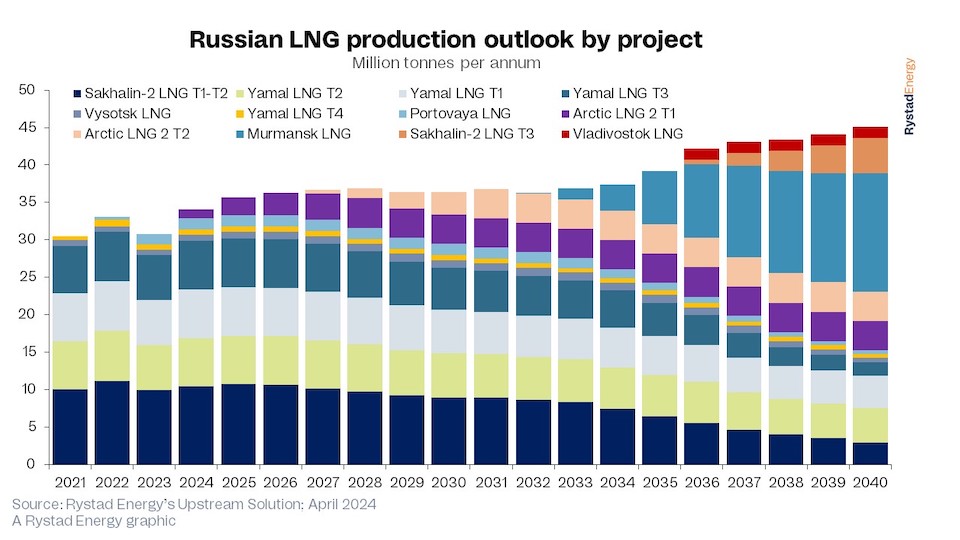
In the short term, we expect only LNG projects from independent Russian gas producer Novatek to proceed, with delays of at least five years due to vessel procurement challenges and current market conditions. The company's primary goal is to construct a low-cost LNG platform, which involves developing proprietary LNG technologies and expanding output by deploying these new technologies. The main challenge for Novatek will be developing the logistics and looking for new buyers.
Our current forecasts show Russia commissioning about 68 million tonnes of liquefaction capacity by 2035, with actual LNG production being around 40 million tpa. Novatek will account for almost 80% of that total through its Yamal LNG, Arctic LNG-2, and Murmansk LNG projects.
Europe became the top destination for Russian LNG exports in 2022, surpassing Asia. Russia’s LNG exports rose 10% in 2022 to about 33 million tonnes, 17 million tonnes of which was sent to European markets – a 22% increase from the previous year. Last year, Russian LNG production dropped to about 31 million tonnes due to planned maintenance at the Sakhalin-2 and Yamal LNG projects in the second half of the year. In 2024, Rystad Energy expects Russian LNG production to total about 34 million tonnes, thanks in part to the commissioning of Arctic LNG-2 Train 1.
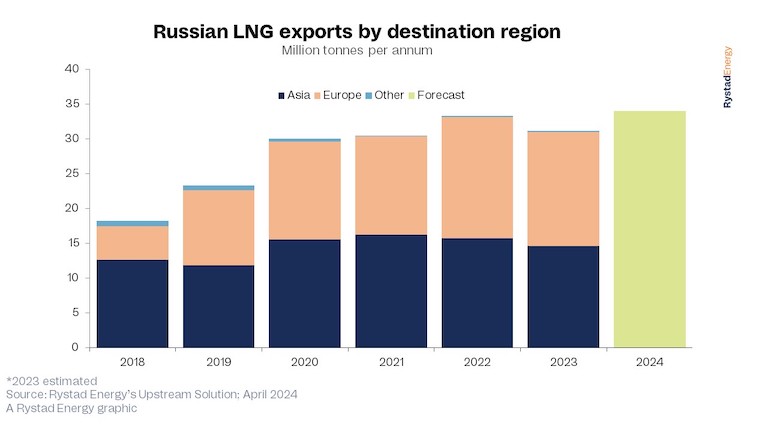
Since 2014, when the first Russian LNG sanctions were imposed, the country prioritized developing its own liquefaction technologies and is trying to meet its demand for LNG equipment with local providers. Of these providers, Atomenergomash, the mechanical engineering division of Rosatom, designs and manufactures cryogenic LNG pumps, heat exchangers and turbo-expanders. Kazancompressormash constructs compressor units for LNG facilities, and Cryo-LNG supplies tank containers for LNG transportation and storage.
In 2018, Novatek obtained a patent for its “Arctic cascade” technology, which was implemented on the fourth train of Yamal LNG. However, the technology was not fully developed, and the project encountered several issues that led to modifications in the patent. In June 2023, the company secured another patent for the “Arctic mix” technique, which was designed for natural gas liquefaction on a large scale using mixed refrigerants. This technology is expected to be the primary method for future projects involving gravity base structures (GBS), with a capacity of more than 6 million tpa per train.
Similar Stories
A hotspot for Russian oil transfers is suddenly deserted
A stretch of water off the coast of southern Greece that had become a pivotal logistics hub in the Russian oil supply chain has suddenly been abandoned by the tankers…
View Article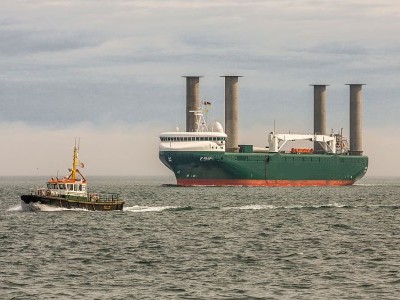
International Windship Association invites maritime stakeholders to participate in Small Vessel Wind Propulsion Survey
View Article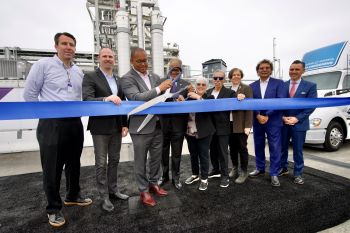
Renewable energy project powers port with hydrogen
View Article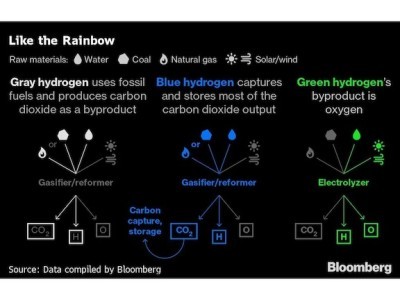
Tycoon sees $3.5 billion investments in Namibia green hydrogen
View Article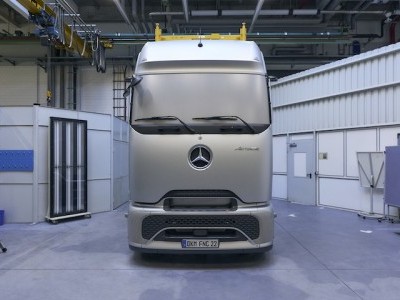
Daimler CEO calls missing electric truck chargers a top concern
View Article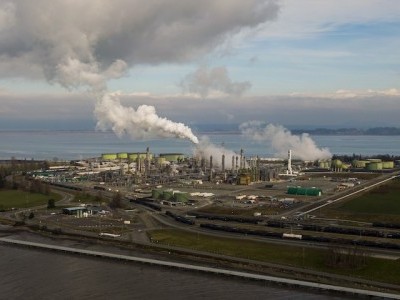
Amazon, BP counter push to repeal Washington climate law
View ArticleGet the most up-to-date trending news!
SubscribeIndustry updates and weekly newsletter direct to your inbox!



